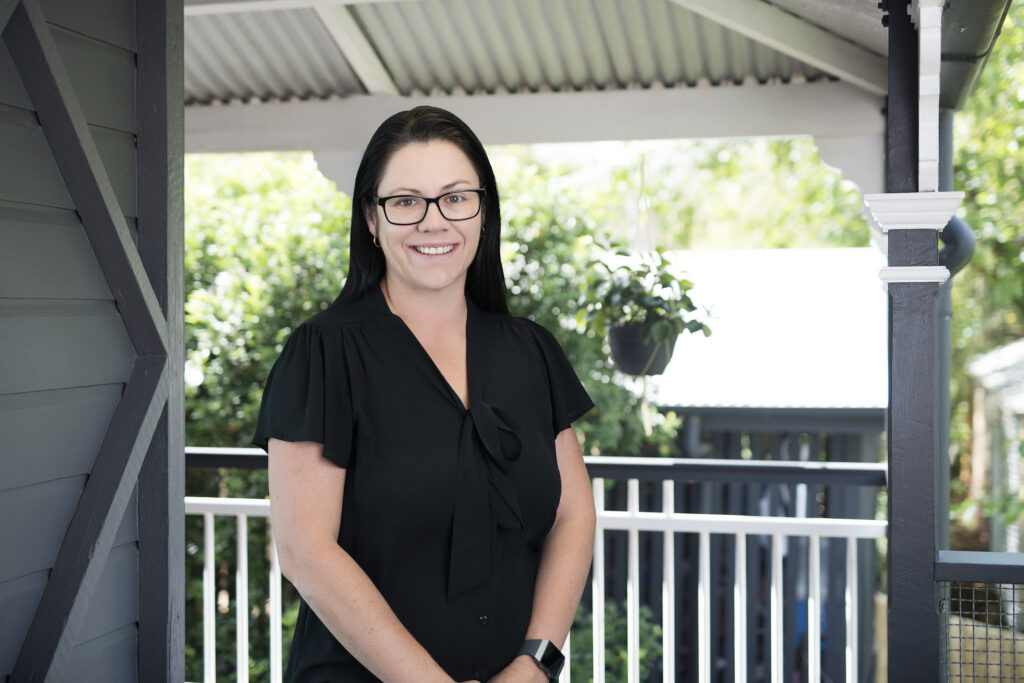
In order to ensure you are securing yourself a successful property investment, there are a few key things you can do. In this article, we’ve outlined the key aspects of a successful property investment. Getting these important tips right could be the difference between ensuring you are making lucrative investment decisions.
Calibre’s Business Development Manager, Emily Williams, tells us that “Your investment is about your long term financial future. If you don’t focus on these ten important investment decisions right from the beginning of your investment journey, then it could end up costing you an arm & a leg in the long term.”
-
1. Fixed Term vs Periodic Agreement
The only difference between a fixed term and a periodic agreement is the ending of the tenancy agreement time frames. A tenant on a periodic tenancy can provide two weeks written notice at any time and vacate the property in two weeks’ time. The lessor is required to provide 2 months written notice on a periodic or fixed term tenancy. For you, as the investor, fixed term agreements are preferable so you have more control of when a tenant may be vacating and provides more time to be able to find a new prospective tenant for your property before the property is vacant. If the tenant decides to break their fixed term agreement, the tenant pays for the letting commission plus has to pay rent until the new tenant is accepted and the new lease commences.
-
2. Landlord Insurance
Landlord Protection Insurance is strongly recommended by Calibre Real Estate. Whilst every action is taken to secure suitable tenants for your investment; life changes such as job loss and marriage breakdown can sometimes lead to people acting outside their usual character. To protect your investment, and for a relatively low cost that may be a tax deduction; landlord insurance is a must for today’s investor. The key things to consider whilst selecting landlord insurance is check to see if the policy includes cover for accidental damage by tenant, loss of rent an contents cover.
Read more : How To Choose The Right Landlord Insurance For You
-
3. Repairs & Maintenance
Dealing with repairs promptly is a vital component of maintaining the value of your property and achieving the best rental return. Prompt attention to legitimate repairs and maintenance can also be the difference between a disgruntled and a happy tenant. It is recommended that monies are kept aside for maintenance and general upkeep of the property. This will ensure your property is maintained in accordance with legislative obligations and sound risk management. Well maintained properties generally attract quality tenants and commonly long term tenants also.
-
4. Marketing for a New Tenant
Brisbane’s high rental demand season is generally January to February, this is when agencies are usually able to put a property on the internet and have applications within a week. For more unique properties or during the “off-season” periods it is imperative to make sure that your Property Manager is doing more than just placing an internet ad. To be able to attract more tenants in the shortest time frame, your agent needs to consider not only price and presentation, but also marketing. Marketing involves making sure you have quality photos that enhance your properties attributes, accompanied by good copywriting. When there is more supply than demand you also need to consider upgrading your internet advertising listing to a feature property to maximise exposure. Prospective tenants want information instantly, they want to know when they can inspect the property and all of the properties details. This is why interactive signboards at the property are beneficial. Interactive signboards can include “SMS keywords” that allow the tenant to access information and booking times from their mobile device instantaneously.
Read More : Insider Advice To A Quick Tenancy Turnaround
-
5. Water Charges
If your investment property does not have an individual water meter, water charges cannot be passed onto to the tenant. If your property has an individual water meter and is not water efficient, the lessor must pay for a reasonable amount of water. The Property Manager can obtain quotes from licensed plumbers to arrange for the property to become water efficient. Quotes generally range from $200 to $900 depending on the
style of toilets and fixtures. If your property has an individual water meter and is deemed water efficient, the lessor may pass on total water consumption charges to the tenant. It is strongly recommended that a plumber certificate or sufficient evidence is kept on file in the event the tenant disputes that the property is water efficient in compliance with the relevant legislation. The process for water charging will depend on which criterion above your property fits. At the start of the tenancy agreement, the lessor/agent and tenant should negotiate arrangements for water charging. The presence of water efficient devices should be noted on the Entry Condition Report (Form 1a).Read More : How To Charge Your Tenants For Their Water Consumption
-
6. Portfolio vs Task Based Management
Task Based Management Structure means that all duties associated with a Property’s Management is split up into different divisions and managed by different people within the same organisation. Divisions usually include and are not limited to, Leasing department, Lease Signing and Document Management, Maintenance department, Routine Inspection department, Lease Renewal department etc. Portfolio Management Structure means that each Property Owner is assigned with their own dedicated Property Manager. This Property Manager is responsible for completing all of the tasks associated with managing a property. As well as reporting back to the owner on an ongoing basis. Different agencies adopt their managing structure to best suits their needs. As an investor, Portfolio based Property Management allows you to build a rapport and trust with the one Property Manager. Calibre Real Estate has adopted this approach, due to this reason.
-
7. Routine Inspections
Your agency should undertake a minimum 3 routine inspections a year. An agent will use their best judgment when undertaking a visual inspection of the property. The inspection reports will highlight any obvious or reported defects or maintenance and provide commentary as to how the tenant is maintaining the property. If any action is required, your agency should request your written instruction or act according to the
management agreement instructions. For example if there is routine maintenance to be carried out such as built in roller doors not rolling properly, kitchen hinges need replacing due to age, doors getting jammed etc., the agency should carry out the required works on your behalf and appoint a suitable contractor to attend and advise you that this has occurred. If the tenant is required to undertake certain matters such as
cleaning or yard maintenance, this should be actioned and followed up then reported to the lessor. Your Property Manager cannot instruct the tenant on how to live as such; they can however direct the tenant to carry out certain tasks if the situation is causing damage to the property. -
8. Rent Arrears Management
Your Property manager should ensure all tenants sign a rental payment agreement form at the beginning of their lease. They also need to ensure the tenant/s understands their rental payment obligations. Should your tenant fall into arrears, under the RTRA Act, action can only be taken against a tenant when they are seven clear days behind in their rent payments. Best practice for an agency is that they contact the tenant prior to this time and advise them of the rent payment being overdue. Debbie Palmer of PPM Group states: “It is your [property manager’s] duty of care to monitor arrears and issue notices promptly every day. Failure to issue notices promptly can cause the owner financial loss if the tenant does not pay.”
Read More : How To Choose The Best Property Management Agency Just For You
-
9. Adding Value
There are things you can do to increase the value of the property while also increasing the yield. Whether you are targeting a niche market or are throwing in a few extras, there are many creative ways landlords can boost their rental yields. Bonus trimmings such as a car space, dishwasher or air-conditioning can often be a make or break for potential tenants. Although there is a cost to implement these additions, you are able to charge a up to $95 more each week. This could add up to almost $5000 a year in extra rental yield. Presentation can also be an efficient way to achieve the best possible price. Adding value to a property can be as simple as replacing blinds/curtains, new carpet, paint touch up or even spending a little time tiding up the yard.
Read More : 8 Value Adding Improvements to Secure Better Rent Return
-
10. Property Tax Depreciation
“As a building gets older and items within in deteriorate they depreciate in value. The ATO allows property investors to claim deductions relating to the wear & tear on the building, fixtures and fittings. Such deductions can be claimed by any owner of an income producing property; including residential properties. In short, depreciation reduces the amount of tax investors pay. Each property will depreciate at a unique rate depending on its age, use and construction cost. Maximising a depreciation claim on any building requires a distinctive combination of construction costing skills and experience.
Read More : 5 Things You Need To Know About Claiming Tax Depreciation on Your Property
Special thanks to Emily Williams for sharing her expert knowledge.
0411 582 871
emily.williams@www.calibrerealestate.com.au
For other articles that will assist your property investment see :
- How To Calculate Rental Yield In 4 Easy Steps
- How Much Should I Pay In Property Management Fees?
- Top 8 Stress-free Property Management Tips For Landlords
- How To Rent Your House Free From Stress & Worry
- How To Ensure Rental Return Makes Your Investment More Fruitful


